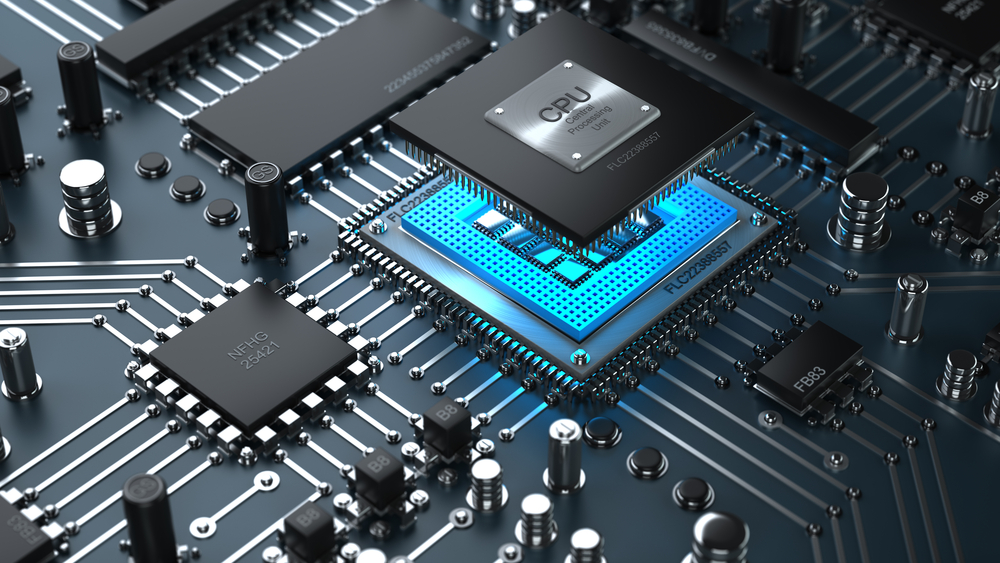The Biden administration is looking to attract companies involved in digital twin technology for semiconductors by utilizing funding from the $280 billion CHIPS and Science Act and establishing a chip manufacturing institute.
The CHIPS Manufacturing USA institute aims to create regional networks for sharing resources with companies engaged in the development and manufacturing of both physical semiconductors and digital twins.
Digital twins are virtual representations of physical chips that replicate real-world behavior, making it easier to simulate how a chip might respond to changes in power or data configurations. This facilitates testing of new processors before they enter production.
Commerce Secretary Gina Raimondo emphasizes the potential of digital twin technology to drive innovation in semiconductor research, development, and manufacturing across the country, provided that investments are made to enhance America’s understanding and capabilities in this area.
Research on digital twins has demonstrated their compatibility with other emerging technologies like generative AI, which can expedite simulation and further exploration of new semiconductor concepts.
The Biden administration plans to conduct briefings with interested parties this month to discuss funding opportunities. The government will finance operational activities of the institute, research on digital twins, and provide access to physical and digital facilities such as cloud environments and workforce training.
Although the CHIPS Act was passed in 2022 to bolster semiconductor manufacturing in the country, it has struggled to meet the capital demands. Requests from manufacturers for grants exceeded $70 billion, surpassing the $28 billion allocated by the government for investments.
Currently, companies like Intel and Micron are slated to receive funding from the US government under the CHIPS Act. One of the administration’s objectives with the CHIPS Act is to incentivize semiconductor companies to develop new types of processors in the US, particularly as demand for high-performance chips grows due to the AI boom.















































